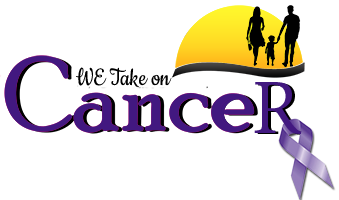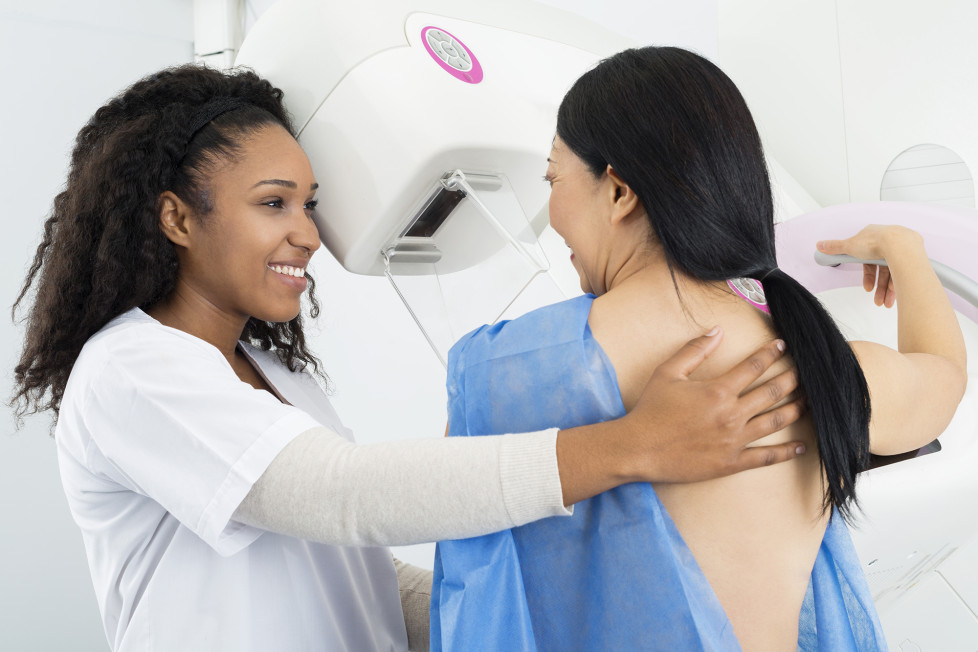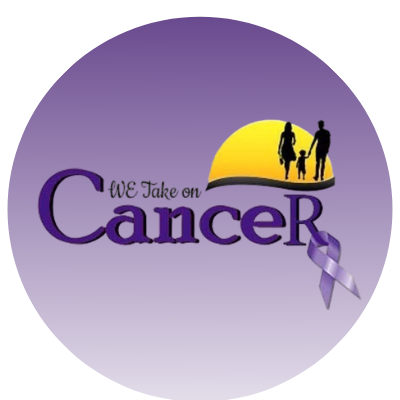A mammogram at 40 may no longer be enough to combat breast cancer. The American College of Radiology and the Society of Breast Imaging are now recommending that women as young as 30 get a risk assessment — such as a genetic test — to determine what kind of formal cancer screening they need.
The new guidelines were announced in early April as a way to encourage early detection among younger women with a higher risk for breast cancer.
“It’s pretty obvious that the current recommendations [of getting a mammogram at 40] are missing a lot of women who are developing breast cancer at a young age,” says Dr. Elizabeth Morris, chief of breast imaging at Memorial Sloan Kettering Cancer Center.
Though breast cancer in younger women is relatively rare — approximately 7 percent of women diagnosed are younger than 40 — survival rates for younger women are lower, according to the National Institutes of Health.
“[For] women who come in with a lump and have never had a mammogram because they’re under the recommended age group, the question is: If we had screened earlier could we have caught it?” says Morris, who is also an investigator with the Breast Cancer Research Foundation.
According to ACR, women in high-risk categories may need more aggressive screening before turning 40. Those with genetic mutations such as BRCA1 and BRCA2 — Angelina Jolie has the former — may need annual MRI screenings. African-American and Ashkenazi Jewish women are also statistically more likely to get breast cancer at a younger age, and may require supplemental screening.
Genetic tests are one of the major ways women can see if their risk may call for more aggressive screening, Morris says, echoing advice from Mary-Claire King, Ph.D., who discovered the BRCA1 genetic mutation. Morris recommends speaking with your doctor about risk assessments and at-home genetic testing kits, such as Color Genomics, which uses saliva samples to determine a person’s risk for selected hereditary cancers.
“The more we know about genetics of cancer, the more we can be able to predict which women will be at increased risk and [recommend] more screening and prevention, rather than trying to catch it and treat it once it’s further down the line,” Morris says.
Here are additional resources for genetic counseling and testing available to women in New York City, according to the Breast Cancer Research Foundation:
- The National Society of Genetic Counselors’ website (NSGC.org) offers a searchable directory for finding a genetic counselor by state and specialty. To find one who specializes in cancer genetics, choose “cancer” under the “types of specialization.”
- InformedDNA (InformedDNA.com) is a network of board-certified genetic counselors providing this service by phone. They can also help you find an expert in your area for face-to-face genetic counseling.
- The National Cancer Institute (Cancer.gov) provides a list of health-care providers offering genetic counseling and testing, as well as information on the certification of the health-care providers listed.
- The FORCE help line (FacingOurRisk.org, 866-288-RISK, ext. 704) can connect you with a volunteer board-certified genetic counselor who can answer general questions about genetic testing and hereditary cancer and help you find a genetic counselor.
- Color Genomics’ $249 physician-ordered at-home test (Color.com) uses saliva samples to determine a person’s risk for select hereditary cancers. The company will then arrange a call with a board-certified genetic counselor to discuss next steps.
Article written by Lauren Steussy and originally appeared on nypost.com
Image:Shutterstock


